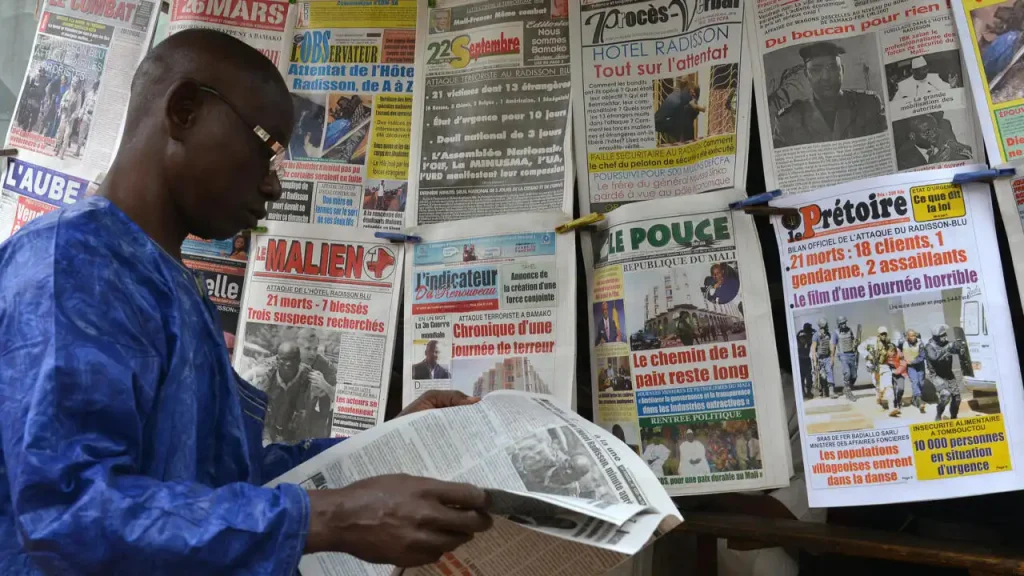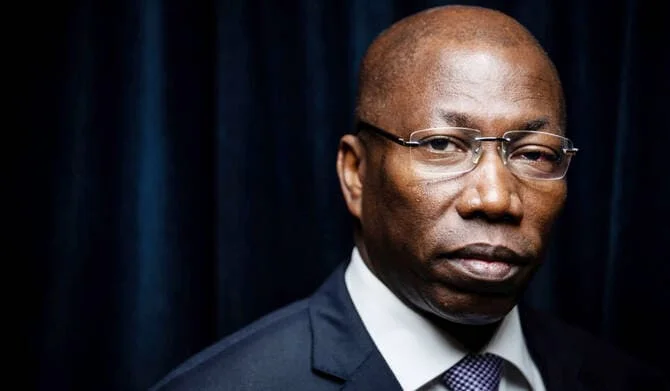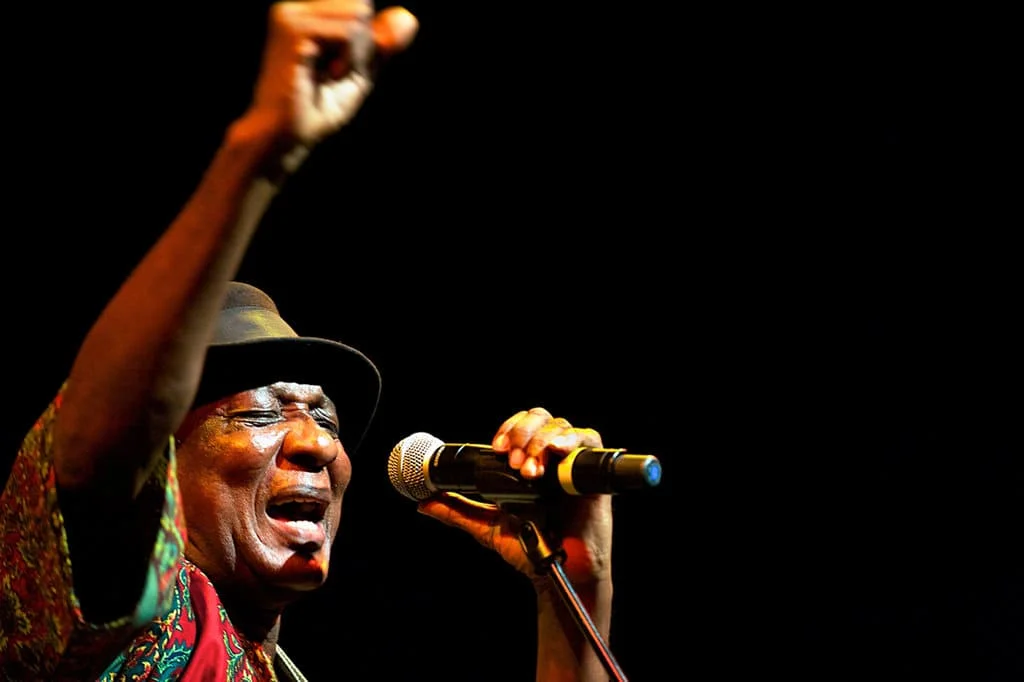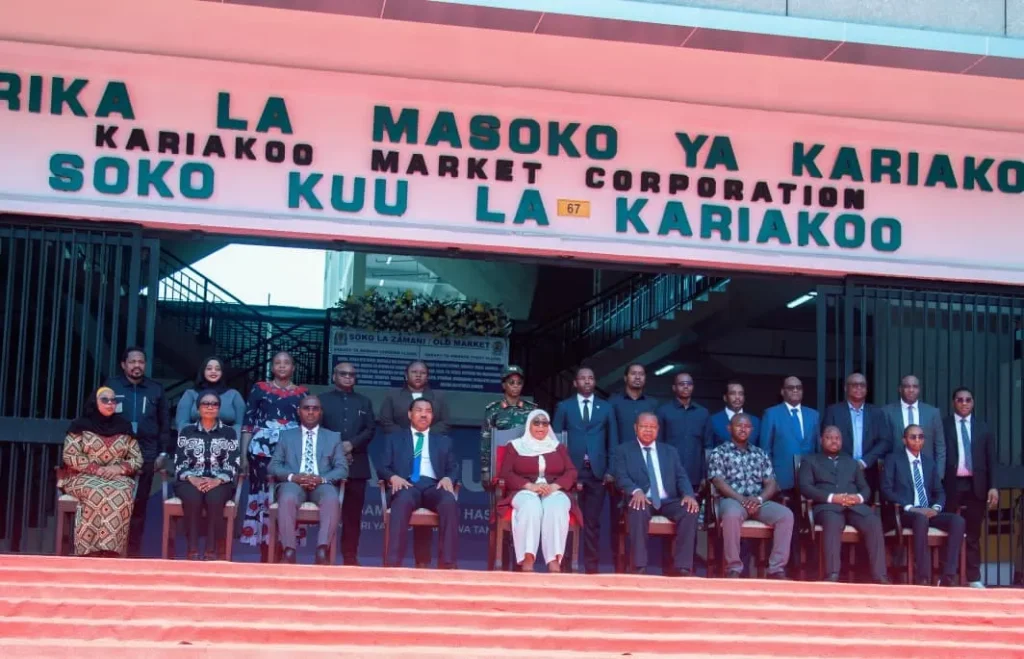In the central Sahel, encompassing Mali, Burkina Faso, and Niger, military juntas have transformed the region into an information desert, severely restricting press freedom, according to reports by international organizations. Journalists face mounting threats, from media outlet closures to violent attacks, creating a chilling environment that stifles independent reporting and undermines the public’s right to information.
Media Outlets Shuttered and Journalists Exiled
The juntas in Mali, Burkina Faso, and Niger have suspended or closed over a dozen media outlets, including prominent international broadcasters like RFI and France 24. The expulsion of foreign journalists, particularly those from France, and the denial of visas or accreditations signal a deliberate effort to suppress a free press, which these regimes view as incompatible with their authority. Reporters Without Borders (RSF) has highlighted how this crackdown has forced many journalists, such as Malick Konaté and Ahmed Barry, into exile, with coverage of the Sahel increasingly reliant on external reporting. Local sources remain critical but face significant risks, making it difficult to verify information without direct access to conflict zones.
Violence and Intimidation Against Journalists
Journalists in the Sahel confront not only government repression but also the constant threat of terrorist attacks from armed groups. According to RSF, at least five journalists have been murdered and several others have gone missing in the region over the past decade, with community radio stations frequently targeted and destroyed. In Burkina Faso, the junta has resorted to forced conscription of journalists critical of the regime, a tactic aimed at silencing dissent. These actions have drastically reduced the space for independent journalism, turning the Sahel into one of the world’s most significant information black holes.
Self-Censorship and Restricted Reporting
The climate of fear has led to widespread self-censorship among journalists, particularly when covering sensitive topics like military operations or conflicts. In Niger, for instance, Idrissa Soumana Maiga, editor of L’Enquêteur, was arrested and faces up to 10 years in prison for a report alleging foreign interference in national security. Garé Amadou, a human rights defender and director of Le Canard Déchainé, described the challenges of working under a military regime, stating, “There’s significant self-censorship, as journalists avoid certain topics to evade junta targeting.” Despite these risks, some courageous journalists persist, striving to uphold their duty to inform the public.
A Call for Resilience and Support
The Sahel’s media crisis underscores the urgent need for organized local media to deliver reliable information. However, with officials stonewalling inquiries and media outlets reduced to echoing government statements, investigative journalism has become nearly impossible. Testimonies are scarce and often anonymized to protect sources. RSF and other organizations call for international support to protect journalists and restore press freedom, emphasizing that military regimes must not use security concerns as a pretext to curtail fundamental rights.






